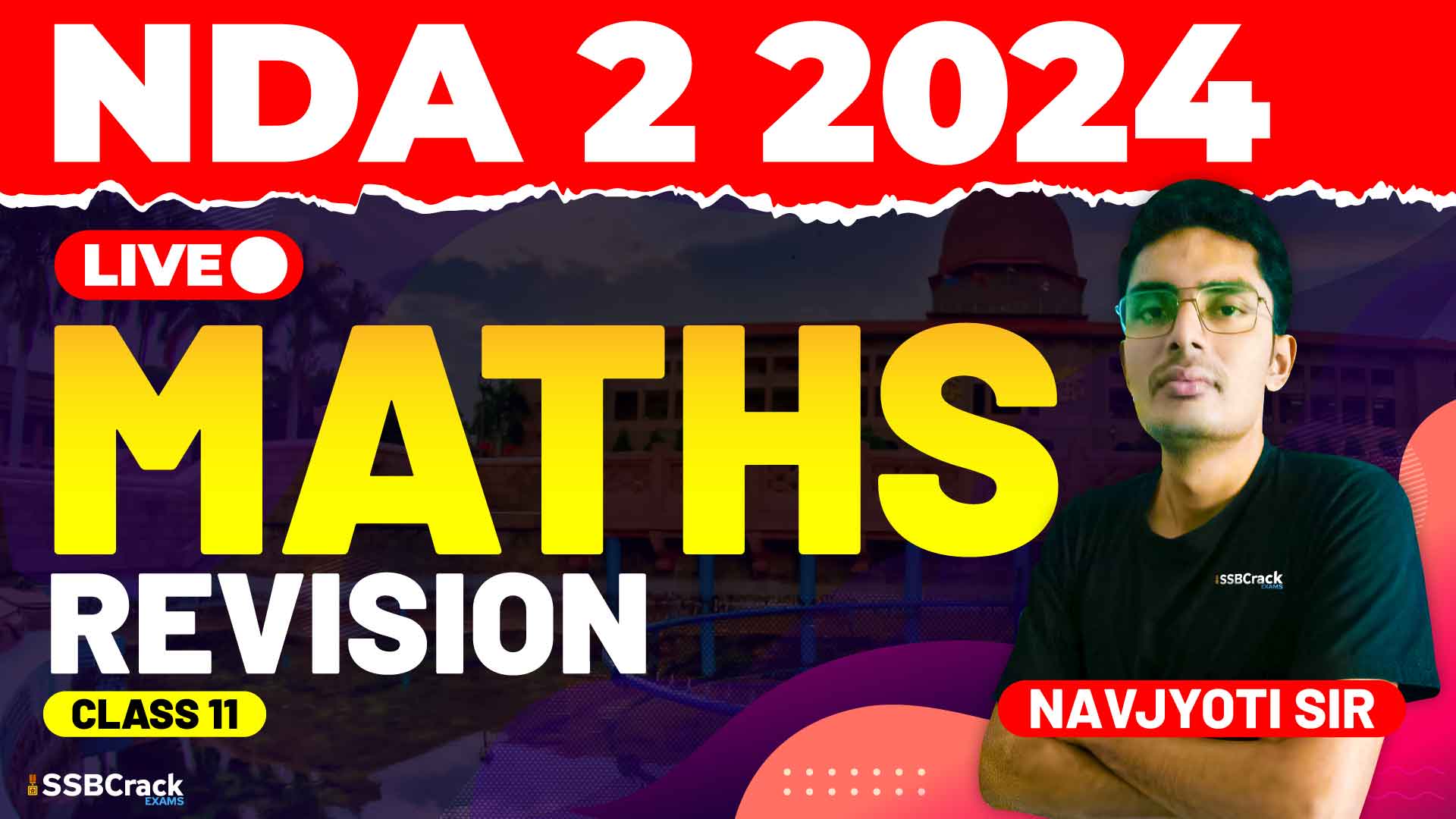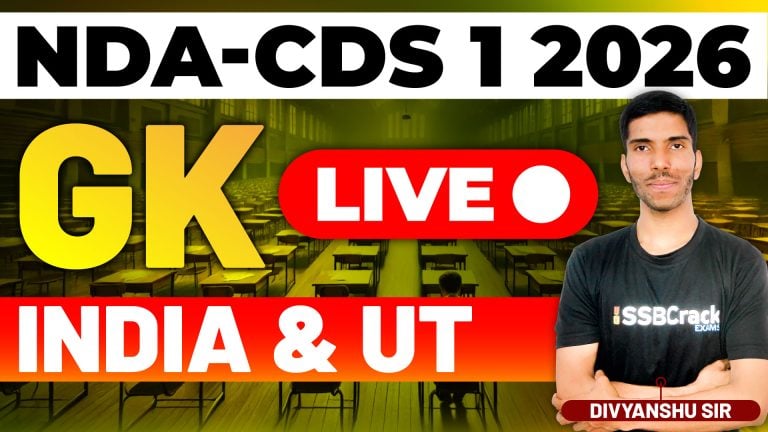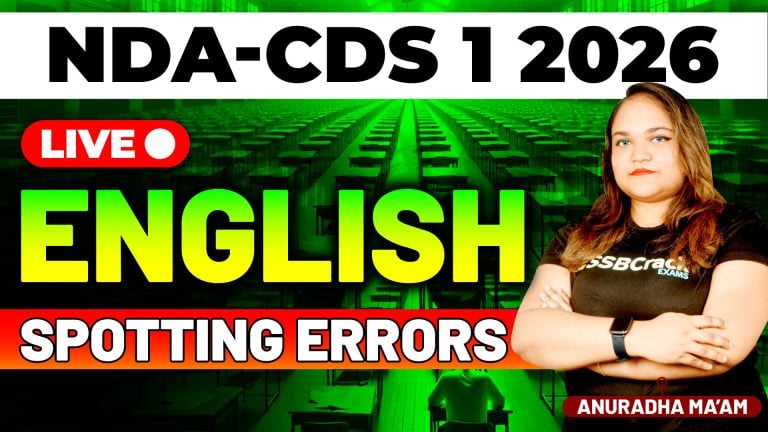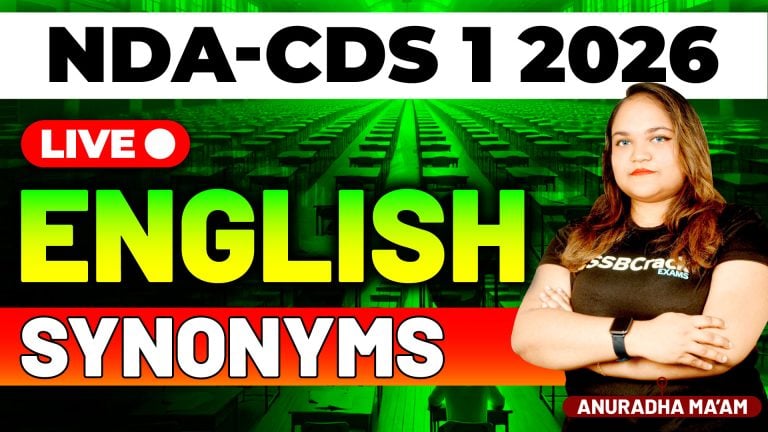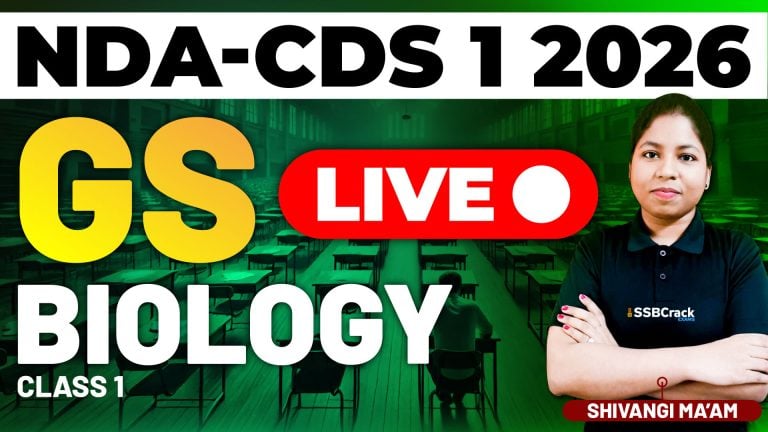Differentiation is a cornerstone of calculus and a vital topic in the NDA-NA Mathematics syllabus. Whether you’re tackling a curve’s slope or determining the rate of change, differentiation is a tool that appears in various forms across the exam. Recently, a class dedicated to this topic focused on a practice-based revision session, emphasizing multiple-choice questions (MCQs) typical of the NDA-NA exam. In this article, we’ll highlight the essential concepts discussed and provide strategies to approach differentiation-based questions effectively.
Understanding Differentiation: A Quick Overview
Differentiation revolves around the concept of finding the derivative of a function. At its core, it measures how a function’s value changes as its input changes. This concept is essential for understanding rates of change in physics, engineering, and other sciences.
The class delved into the following core concepts:
- Basic Differentiation Rules:
- The Power Rule, Product Rule, Quotient Rule, and Chain Rule were revisited, as these are the foundational tools used in almost every differentiation problem.
- Understanding how to apply these rules to different types of functions is crucial for solving MCQs quickly and accurately.
2. Higher-Order Derivatives:
- The class explored how to differentiate functions multiple times to find second or third derivatives. This is particularly relevant when dealing with acceleration in physics-related problems.
3. Implicit Differentiation:
- This technique is used when dealing with functions that aren’t explicitly solved for one variable. It’s a common area where students struggle, making it a focal point during the practice session.
Strategies for Tackling Differentiation MCQs
Given the breadth of differentiation, it’s important to approach MCQs with a clear strategy. Here are some tips discussed during the class:
1. Understand the Question Format:
NDA-NA exam questions are designed to test both your conceptual understanding and speed. Practice recognizing common question types, such as those asking for derivatives at specific points or those involving applied differentiation in physics or geometry.
2. Work on Speed and Accuracy:
Time management is crucial in the NDA-NA exam. Practice differentiating functions quickly using basic rules. The more you practice, the more instinctive your application of these rules will become.
3. Break Down Complex Problems:
Some questions may involve multiple steps or the application of several differentiation rules. Break the problem down into smaller parts, solve each step methodically, and then combine your results.
4. Check Your Work Using Estimation:
After solving a problem, quickly estimate whether your answer makes sense. For example, if you’re finding the slope of a curve, visualize whether your result should be positive or negative based on the curve’s shape.
5. Review Common Pitfalls:
The class highlighted common mistakes, such as sign errors or incorrect application of the Chain Rule. Be aware of these potential pitfalls and double-check your work if time allows.
6. Understand the Applications:
Differentiation questions often involve real-world applications, such as motion under gravity or economic growth models. Relating these applications to the differentiation concepts you’ve learned can help you better understand and solve the problems.
7. Practice with Past Papers:
One of the best ways to prepare is by solving past NDA-NA exam papers. This gives you a feel for the question style and difficulty level and helps you identify areas where you need further practice.
8. Stay Calm Under Pressure:
It’s easy to get flustered if you encounter a tough problem during the exam. Practice relaxation techniques and remember that sometimes moving on to another question and returning later can help you see the solution more clearly.
Conclusion
Differentiation is a topic that requires both conceptual understanding and practical application skills. The NDA-NA exam will test your ability to apply differentiation techniques to a variety of problems, often within tight time constraints. By focusing on the key concepts and strategies discussed, and by practicing regularly, you’ll be well-prepared to tackle any differentiation question that comes your way.
As you prepare, remember that practice is key. Work through as many problems as you can, review your mistakes, and keep refining your approach. With dedication and the right strategies, you can master differentiation and excel in the NDA-NA Mathematics paper.
